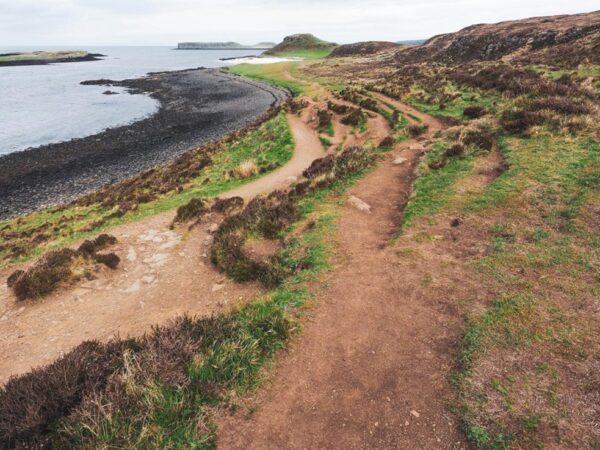The Scottish Government’s decision to redirect £5 million from its Nature Restoration Fund to settle local government pay disputes has triggered widespread concern, especially within rural and environmental sectors.
This fund, designed to combat climate change and biodiversity loss through conservation projects, has been vital for numerous initiatives across Scotland, such as saving rainforests, protecting red squirrels, and improving river catchments. The fund has supported over 170 projects since its launch in 2021, providing not only environmental benefits but also crucial jobs in rural areas.
Devastating blow
Industry leaders, like Dee Ward, chairman of Scottish Land & Estates (SLE), have expressed alarm at the cuts, describing them as a “devastating blow” to rural Scotland. They warn that redirecting the money will put jobs tied to climate action and biodiversity restoration at risk, contradicting the government’s stated priorities. The redirection has particularly affected rural communities that rely on these jobs, sending a signal that rural issues are deprioritized during financial strain.
Lang Banks, director of WWF Scotland, said: “It’s extremely frustrating when the small amounts of money which are allocated to climate and nature action come under further pressure.
“Scotland is one of the most nature-depleted countries in the world, and it’s really important that we take steps now in order to begin to reverse that.
“Many of the actions that you can take to protect nature also deliver benefits for the public, whether by cutting carbon, cleaner air or helping to reduce flooding. So pulling money from this area is just storing up problems for the future.”
Other environmental organisations, including RSPB Scotland, Scottish Environment LINK and the Scottish Wildlife Trust, have also voiced strong opposition. They argue that Scotland, already one of the most nature-depleted countries globally, cannot afford to lose critical conservation funding. One in nine species in Scotland is under threat of extinction due to habitat loss, underscoring the urgency of maintaining funding for nature restoration. The withdrawal of support for projects such as wetland restoration could even exacerbate issues like flooding, linking climate action and biodiversity conservation.
Despite the backlash, the Scottish Government defended its decision, asserting that it faced significant financial pressures and difficult choices. While they remain committed to long-term goals of halting biodiversity loss by 2030 and restoring ecosystems by 2045, they claim that the redirection of funds was necessary to meet local government pay commitments. They have promised that the funds will be replenished in future years, but critics remain sceptical, arguing that the immediate environmental damage could have long-lasting consequences for Scotland’s biodiversity and climate resilience.
Anne McCall, director of RSPB Scotland, said: “Recently published analysis has shown that funding for nature needs to increase, not be cut. Scotland is one of the most nature depleted countries in the world, coming 28th from the bottom of 240, and this trend is continuing.
“The Nature Restoration Fund has been critical in helping to deliver projects right across rural and urban Scotland, generating employment and bringing benefits to people, economy, biodiversity and nature.”
She added: “The short and long-term consequences of this action will be keenly felt both now and into the future.”
